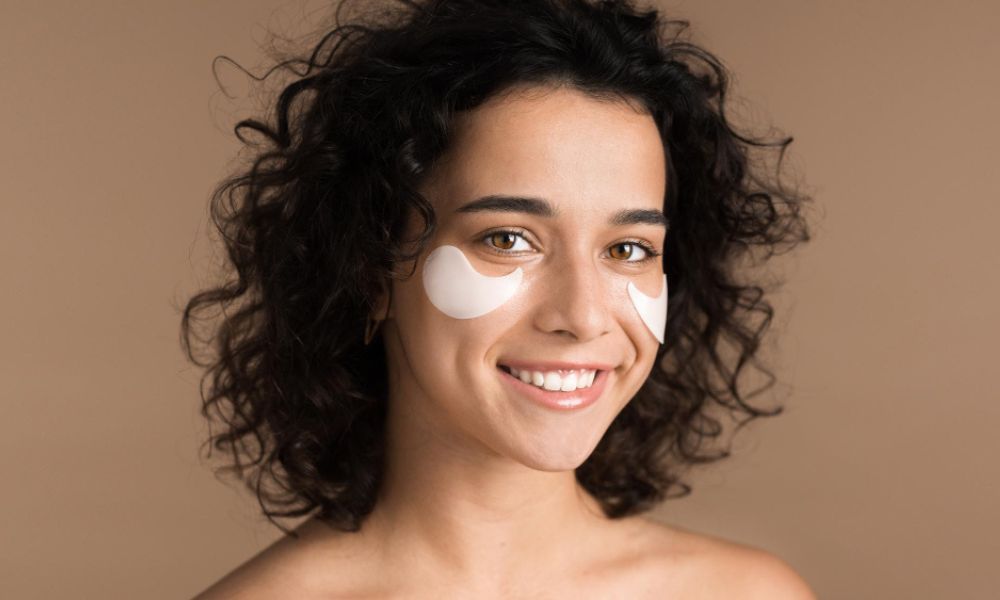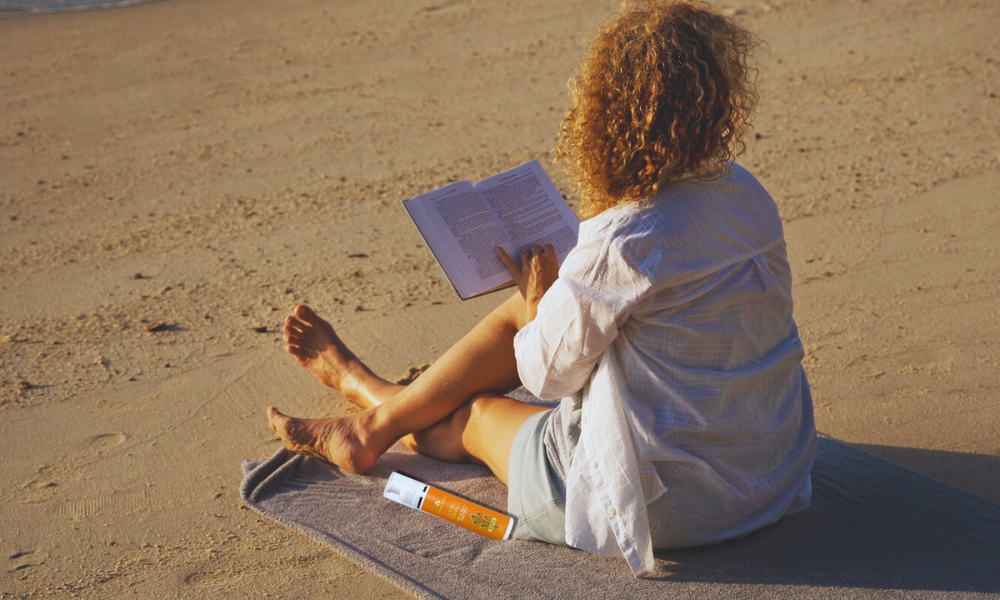Articles

Skin Care
Sunscreen Myth Busted: Brightens Skin? Truth Revealed
Sunscreen is essential for healthy skin, but does it actually brighten your skin? The answer is a bit more nuanced than a simple yes or no. While sunscreen itself doesn't directly lighten your skin, it can indirectly lead to a brighter, more even complexion by preventing sun damage.
Sun's Impact on Skin Tone
# Melanin:
When exposed to UV rays, our skin produces melanin, the pigment that gives us our skin tone.
The melanin protects us from the sun, overproduction can lead to uneven pigmentation, dark spots, and overall dullness.
# Sun Damage:
Sun damage not only affects melanin production but also breaks down collagen and elastin, the fibers that keep skin firm and youthful.
This breakdown can contribute to a rough, uneven texture and a loss of radiance.
Sunscreen's Role in Brightening
- Protection: By blocking UV rays, sunscreen prevents further sun damage and hyperpigmentation, allowing your skin to gradually return to its natural tone.
- Anti-Aging: Sunscreen also protects against collagen and elastin breakdown, keeping your skin plumper, smoother, and more reflective of light, which can create a brighter appearance.
Key Takeaways
- Sunscreen doesn't contain lightening agents and won't instantly brighten your skin.
- However, consistent sunscreen use prevents sun damage, which is a major contributor to uneven skin tone, dark spots, and dullness.
- By protecting your skin from the sun, sunscreen can indirectly contribute to a brighter, more even complexion and a youthful glow.
Choose a sunscreen that suits your skin type and preferences. Making sunscreen a daily habit, you're not just protecting your skin from harmful UV rays, you're also investing in a brighter, healthier future for your complexion.

 Doctor Consultation
Doctor Consultation















